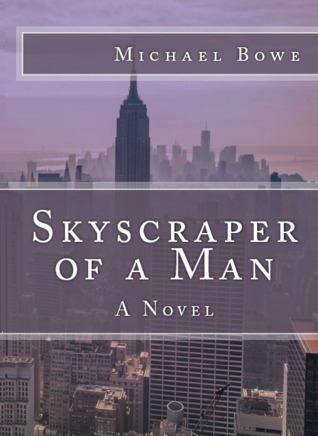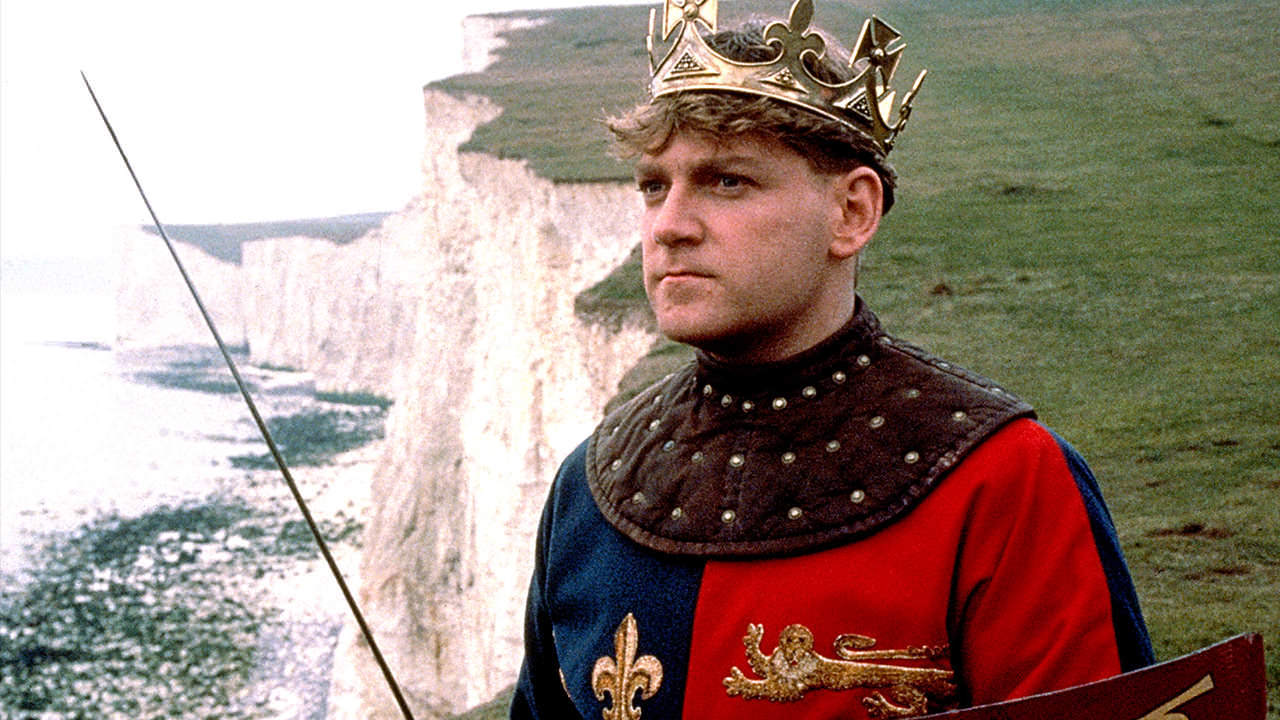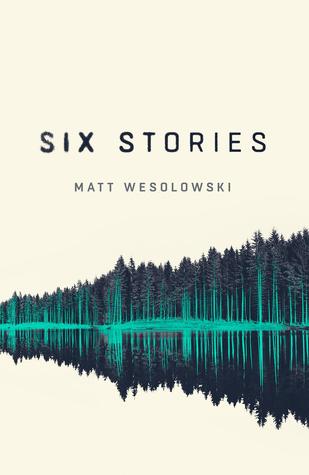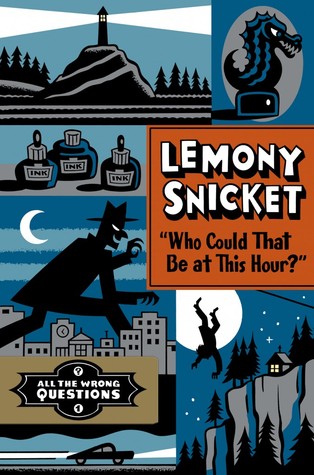My family is big on reading. Like, BIG on reading. Dad would read us Dr. Seuss every night before bed, the parents would take us to the library at least once a week, Mum tried to read us The Hobbit (but gave up after a few chapters because some of the kids were way too young to care or appreciate it), and Mum was always reading in her free time (even enforcing a “quiet time” in our rooms a couple times a week so she could have some peace to read). As we grew up more, introducing each other to new books was an important part of my life and my siblings’ lives.
There was one period of time that was especially interesting. I took a Shakespeare class in high school and fell in love. Wanting to expand my knowledge and read more, I decided to start reading Shakespeare at home. But reading to myself made it difficult to follow along (it can be tough to know what exactly he’s saying if you accidentally skim parts of it). So I enlisted the help of my then twelve-year-old sister. We’d assign characters and spend hours reading Shakespeare plays out loud in the front room. We made it through
Much Ado About Nothing and
Twelfth Night and a few others before I moved away to college.
It’s been a few years (obviously), but last year, my sister called me up and asked to read Shakespeare with me again. SInce we live in different states, we opened Skype, assigned characters to read, and got down to business with Shakespeare
Henry V. She’s now the age I was when we started this, so it was interesting to see how her love of Shakespeare has changed over time and how much more she understood this time around.
And I realized that reading Shakespeare is so different when you’re experiencing it with someone. Often, we’d stop and talk about parts that interested us or wording that was confusing or the reasons good ole Will would include certain pieces of dialogue. And in doing this with my sister, we got to connected over something we both love and share that experience together -
Henry V will now always remind me of my little sister stumbling through very long speeches about war and patriotism.
It took a few days, but we powered through and were able to discuss the famous speeches, the significance of the play, the confusing parts, the inspirational parts, the parts that made us laugh. We couldn’t do that a few years ago, but both of us are much smarter, better read, and more knowledgeable than we were when we first did this. And I think this ultimately brought us a lot closer.
How do you read plays? Do you like to read Shakespeare aloud or is it easy enough for you to understand while reading to yourself?













